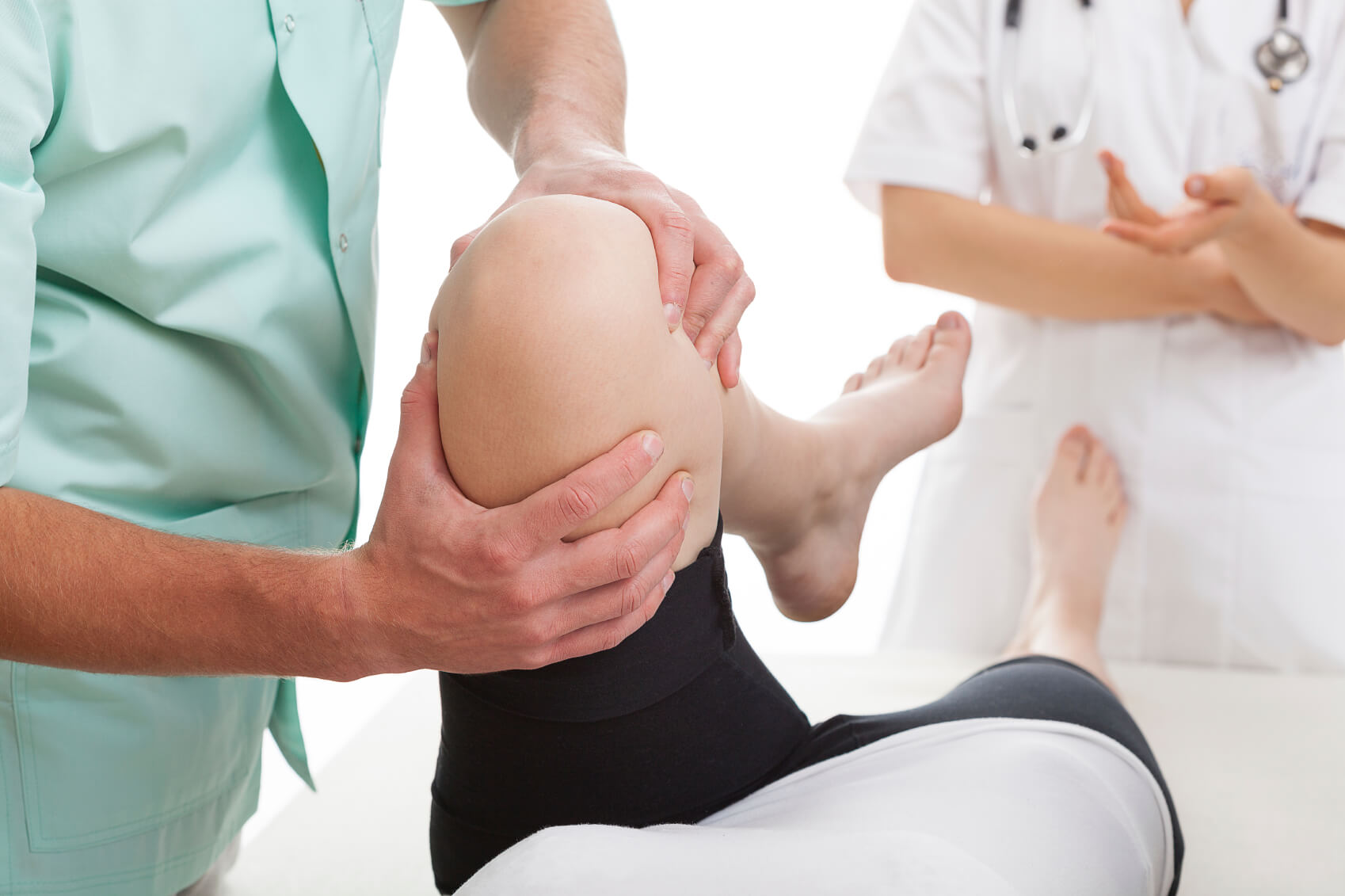have I got a tendon injury?
Common signs of a tendon injury can include:
PAINespecially when using the tendon
STIFFNESSparticularly after resting the tendon, eg first thing in the morning
TENDERNESSwhen pushing on the tendon
GRINDINGthe feeling of grinding, often with a noise on moving the tendon

